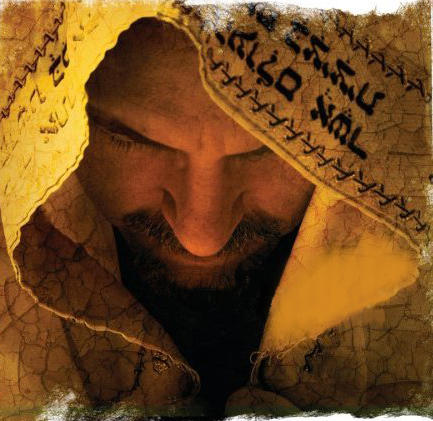
Within the context of any journey – whether literal or parabolic – the most important component of the journey is the destination. After the destination is determined, an appropriate vehicle and course of travel can be defined. For the Church and Israel it is the same way. Where are we headed? How must we get there? How should we travel in light of our destination?
A defining theme within which we are presented with the answers to these questions in both the New and Old Testaments is the absolute certainty of the “time of Jacob’s trouble” (cf. Jer. 30:6). A theme clearly established in the Torah (cf. Duet. 28-32), reiterated by the prophets, and believed by the apostles – the ‘time of Jacob’s trouble’ is the final discipline against Israel prior to ‘all Israel being saved (i.e. the resurrection)’ (cf. Rom. 11:26). Sometimes in the New Testament this is called the ‘Great Tribulation’. Within the context of Jesus’ Jewish audience, the coming ‘Great Tribulation’ could have only meant one thing – that promised and ultimate crushing of the strength of Israel (cf. Deut. 32:36) so that they might accept the sacrifice of the Messiah as their sole righteousness.
While many preachers trumpet the message of the coming tribulation, it is often framed as though it were the ‘time of America’s trouble’. The Israelocentric nature of the tribulation is another massive part in the puzzle of the mystery of Israel. Jesus’ Olivet Discourse (Matt. 24-25) concludes with a parable explaining some of the dynamics that will define the time of Jacob’s trouble. This parable references the time when Jesus’ ‘brethren’ will be hungry, thirsty, strangers, naked, and in prison. Jesus – quoting from Duet. 28:45-49 – is referencing the message of all of the prophets. Namely, that there is coming a time when Jews (His brethren) globally are displaced from home and possessions (hungry, thirsty, strangers) because they are being persecuted and imprisoned (naked, in prison).
The astonishing part about Jesus’ concluding statements is that He then judges the gentiles based on their treatment of Israel during this time of His judgment. The reason is that God ‘will sift them among all nations’ during this time. (cf. Amos 9:9) So the time of Jacob’s trouble will be a worldwide dilema touching every single nation. In other words, Jesus isn’t removing the context of the ‘time of Jacob’s trouble’. Rather, He is helping faithful gentile believers understand what to expect (since they will be held accountable) during the time of Jacob’s trouble.
God has graciously given us pictures of faithful gentile believers during a time of Jewish persecution like Corrie Ten Boom. Her family was caught hiding Jews from the Nazis and was imprisoned for it. Her sister died in a prison camp.
I realize that this may be one of the most unpopular topics within or without the church. However, one day you and I may be called – like Corrie Ten Boom before us – to faithfully bear witness to our Messiah by laying our lives down so that these ‘enemies of the Gospel’ (cf. Rom. 11:28) might actually have a final demonstration of the love of God prior to the judgment seat. I want to be ready for this day. I want my family to be ready for that day.
My aim with this whole series on the Mystery of Israel is to encourage you, to bother you a little, and to remind you that the promises made to Israel will be fulfilled. They will not be redefined or allegorized, He will keep His word. His faithfulness to them – and to us – is relentless. Grace to you all.
